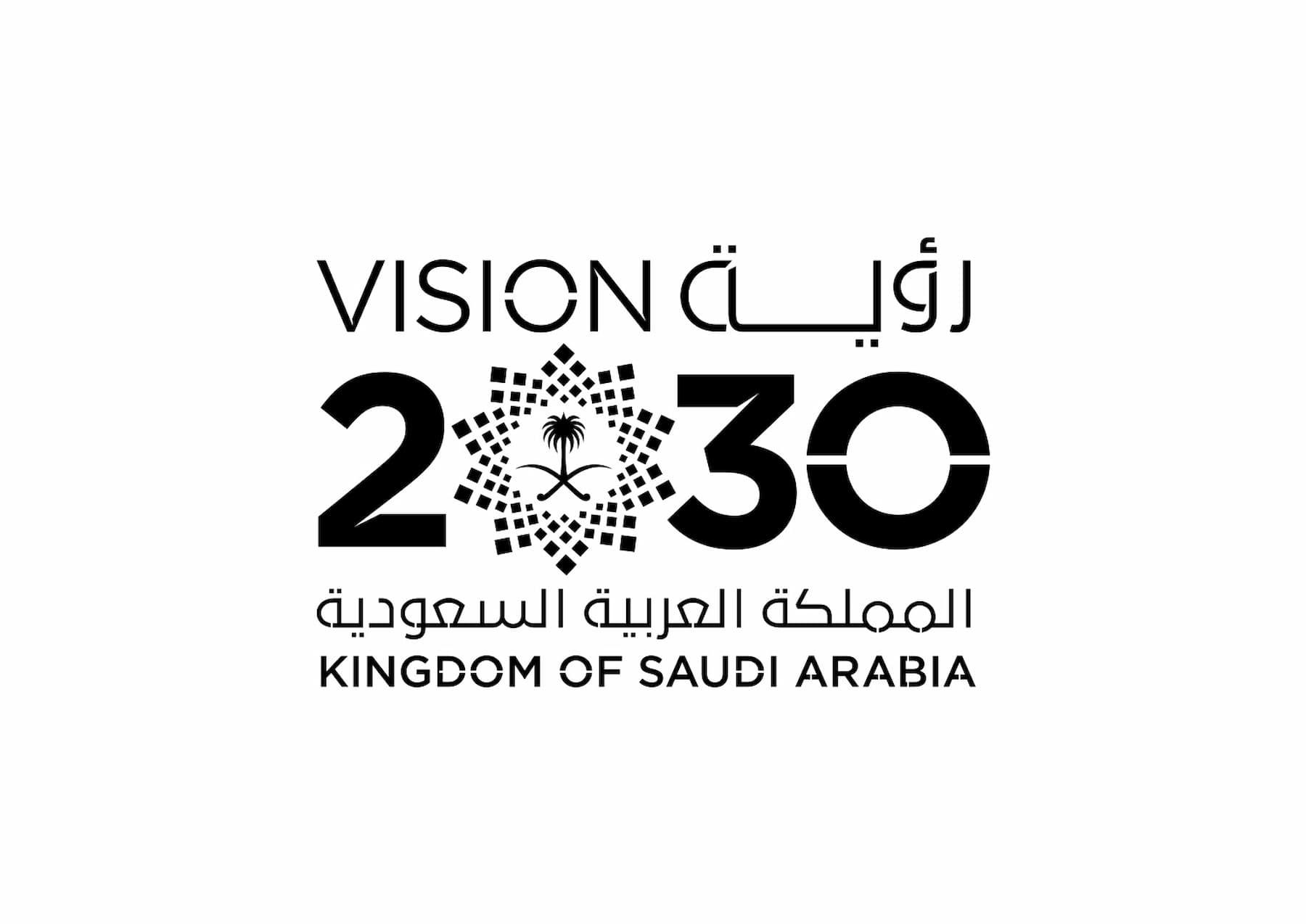
Saudi Arabia's FDI strategy aims to transform the economic landscape by encouraging private sector growth and fostering an environment conducive to international investments. This aligns with Crown Prince Mohammed bin Salman’s Vision 2030 framework, which seeks to diversify the economy, promote sustainability, and improve the overall quality of life for citizens. A pivotal aspect of this vision is the establishment of the Public Investment Fund (PIF), which has been tasked with leveraging state capital to catalyze private investment and stimulate innovation.
According to the Saudi Ministry of Investment, FDI inflows reached a notable level, reflecting a resilient investor confidence despite global economic uncertainties. In the first half of the year, the Kingdom reported a marked increase in FDI, with sectors such as technology, renewable energy, and entertainment seeing significant investment activity. The ministry attributes this growth to a combination of regulatory reforms, enhanced business environments, and a growing number of investment opportunities.
However, the journey toward achieving the ambitious FDI targets outlined in Vision 2030 has not been without hurdles. Analysts highlight several systemic issues that could impede progress, including regulatory complexities, bureaucratic hurdles, and geopolitical tensions in the region. A recent report from the World Bank indicated that while Saudi Arabia has made strides in improving its business climate, challenges persist in terms of transparency and ease of doing business.
Despite these challenges, several international firms have made substantial commitments to invest in the Kingdom. For instance, global technology giants have established regional headquarters in Riyadh, indicating a shift towards the Saudi market as a hub for innovation and technological advancement. These investments not only provide economic benefits but also contribute to the Kingdom's efforts to foster a knowledge-based economy.
Saudi Arabia's ambitious plans to develop mega-projects, such as NEOM and the Red Sea Project, are integral to its FDI strategy. NEOM, a $500 billion futuristic city, aims to incorporate cutting-edge technologies and sustainable living, attracting a diverse range of investors. The Red Sea Project, focusing on tourism and luxury resorts, is also poised to draw significant foreign investment, particularly from the hospitality sector. These projects represent not only the potential for substantial returns but also a vision for a modernized Saudi Arabia.
Emerging trends in the global economy have further influenced Saudi Arabia's FDI landscape. The increasing importance of digital transformation and sustainable practices has prompted the Kingdom to adapt its investment strategies accordingly. Initiatives focusing on green technologies and renewable energy sources are gaining traction, aligning with global trends toward sustainability. The Kingdom's commitment to achieving net-zero emissions by 2060 has attracted investments in solar and wind energy projects, positioning it as a leader in the region for sustainable initiatives.
Key players in the investment landscape have responded positively to these developments. International financial institutions and investment firms are actively exploring opportunities within Saudi Arabia, signaling confidence in the Kingdom's economic future. The Saudi government has also established partnerships with several countries to facilitate knowledge transfer and attract investments in targeted sectors. These collaborations emphasize the Kingdom's desire to position itself as a competitive player on the global stage.
Despite the optimism surrounding FDI, concerns about the ongoing regional geopolitical climate cannot be overlooked. Tensions with neighboring countries and the global oil market's volatility create uncertainties that could deter potential investors. Economic analysts underscore the importance of maintaining stability in the region to sustain FDI growth. The Kingdom's diplomatic efforts, particularly through initiatives like the Gulf Cooperation Council (GCC), aim to foster collaboration and mitigate tensions in the region, crucial for attracting sustained foreign investment.
Saudi Arabia's commitment to transparency and anti-corruption measures has also been a focal point in its quest for increased foreign investment. The Kingdom has initiated reforms to enhance governance and accountability, which are essential for building investor trust. Establishing clear legal frameworks and ensuring adherence to international standards of business conduct are pivotal steps toward creating a more conducive environment for foreign investors.
Topics
Spotlight
